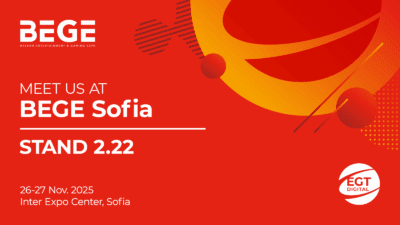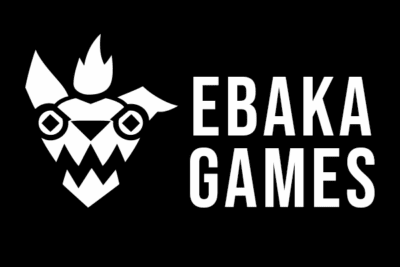As part of Safer Gambling Week, harm prevention charity BetBlocker today announces the launch of its revolutionary Scheduler tool.
BetBlocker, which provides blocking software to help people manage or restrict their access to online gambling services, is unique in adopting a charitable model for this type of support, and facilitating users accessing protection both free of charge and anonymously.
 Traditionally, blocking software has been a crisis management tool, facilitating users restricting their access to gambling services once they’ve already experienced an unsustainable loss.
Traditionally, blocking software has been a crisis management tool, facilitating users restricting their access to gambling services once they’ve already experienced an unsustainable loss.
The Scheduler tool looks to engage users earlier in their journey, before a crisis has occurred, creating the option for players to plan ahead and build a bespoke block to protect them when they need protected.
The new feature supports users to manage their access to gambling is a way that promotes healthier and safer engagement, allowing them to build out a weekly profile, or customise blocks on individual days.
Want to make sure your bills are paid? Block the week after pay day.
Get carried away with In Play betting? Set your block to switch on during match time.
Staying up too late playing on work nights? Set yourself a curfew.
This feature is placed perfectly to support users after GambleAware’s findings last week, that over 5 million people in the UK want to reduce their gambling. BetBlocker’s Scheduling feature is targeted at supporting exactly that need.
BetBlocker’s Founder and Managing Trustee, Duncan Garvie expressed his enthusiasm for the project:
“To date, blocking software has really only looked to offer support after things have gone too far. It’s critical to provide that support for the people who need it, but it would be far better for everyone if we could reach people earlier and prevent the crisis occurring in the first place.
BetBlocker is proud to innovate and be unique amongst blocking softwares in offering harm minimisation functionality alongside our traditional crisis management support.
Our Scheduling tool looks to meet users where they are, redefining blocking software so that it is no longer a binary choice between blocked or not blocked. In taking this step forwards, we’re hoping to engage an entirely new audience, and reach users who are not yet ready to embrace complete abstinence. There is potential to see a huge reduction in gambling harm across society if we can intervene earlier and support people to embrace lower risk behaviours.”




